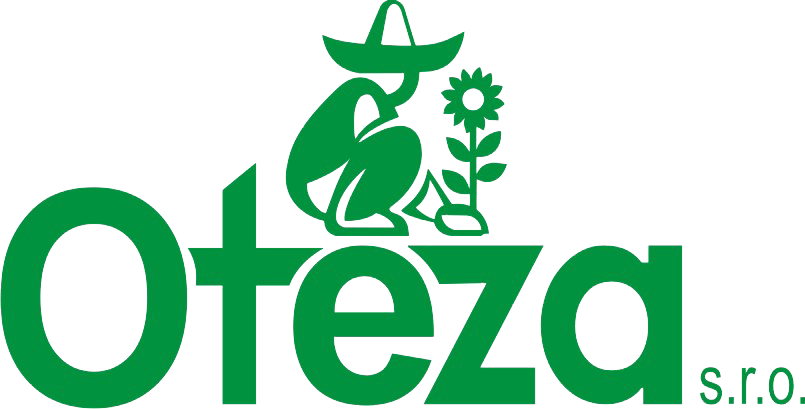Refinement
Crude fats and oils of vegetable or animal origin contain incidental substances predominantly of a non-adipose nature which must be removed prior to further treatment.
These substances are basically divided into two groups: insoluble and soluble in fats and oils.
- Insoluble substances: mechanical impurities, minerals, proteins, carbohydrates etc. These substances form a suspension in oils, which after some time settles. Their quantity depends on the quality of the processed raw materials, technological process of obtaining oil, filtration efficiency, etc. This group of substances can also include water. Crude oils obtained by conventional technology (seed pressing…) contain 0.2-1% water. In the presence of water, the substances originally soluble in oil, such as vegetable mucus and phospholipids, begin to hydrate and coagulate. These precipitated substances have a high emulsifying capacity and together with proteins are a breeding ground for microorganisms.
- Soluble substances: free fatty acids, phospholipids, lipochromes, alcohols, hydrocarbons, tocopherols, sterols, vitamins A, D, E, K, and waxes. Also included in this group are the oxidation products of fatty acids, aldehydes, ketones and secondary resulting polymers. It is desirable that some biologically and physiologically active substances (tocopherols, vitamins, sterols, antioxidants … ) remain in oils and fats after the refining, but some substances must be removed.
Refining: a group of technological operations that crude oils and fats for intended for nutritional purposes must undergo. The aim of refining is to ennoble the raw material so that it is wholesome, and has a pleasant (or neutral) aroma and flavour. Oil and fat must be of a suitable colour have a sufficient shelf-life.
The process of refining oils and fats for food purposes includes the following operations:
